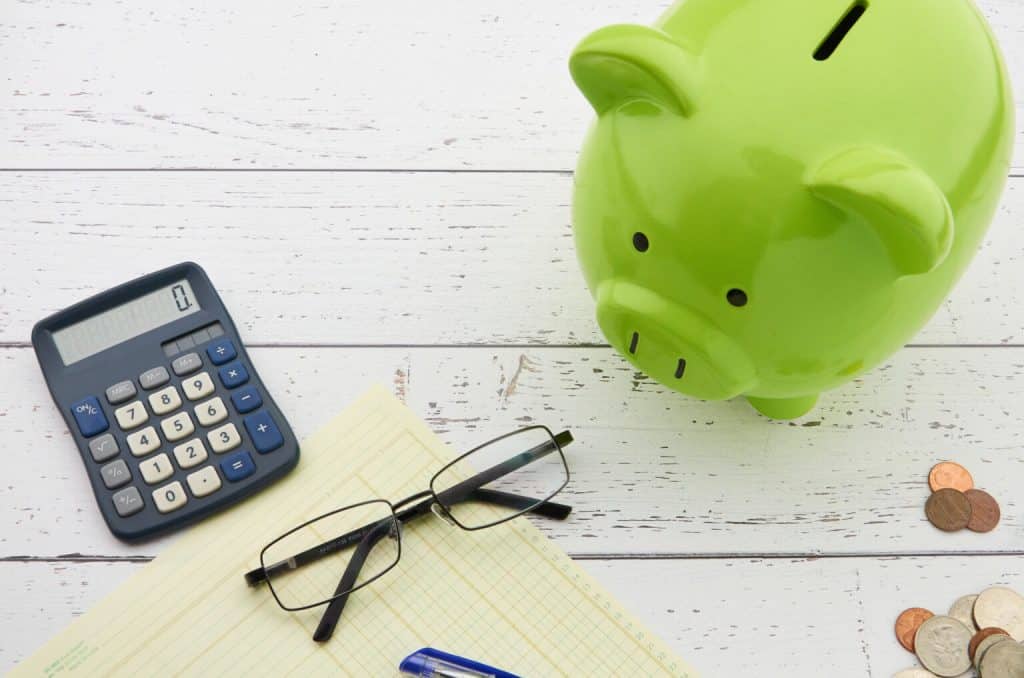4 out of 5 artists are set to pay more tax than they need to each year. People in Britain overspend £7.6 billion in unnecessary tax every year. It’s a scary statistic. So how can artists avoid overpaying on tax?

These tax saving tips for artists will help.
Check your tax at any employment
If you are paid through PAYE, ensure you receive a P60 at the end of the tax year (April). Never trust the organisation or employer paying you to get the figures correct. They might tax you too much. Check the amount that you have been taxed. If you have been taxed too much you can receive a tax refund (but you have to complete a tax return to receive it).
Send your tax return in on time
Last year, a million tax returns were late and incurred fines of £100. Remember, you have at least 10 months to file (by 31 January). If you are up against the deadline, you can file a draft return and then file an amended return at a later date.
Pay your tax on time
If you don’t, you are charged interest on outstanding payments (and a 5% surcharge after February). If your tax for the year is over £500, your dates in the diary will be 31 July and 31 January. Make sure you know what you need to pay and pay it on time to avoid the unnecessary interest charges.
Include ALL business costs in tax returns
Keep every receipt and ask yourself ‘is this expense, wholly, necessarily and exclusively for my business’? If the answer is yes, make sure you include the expense when calculating your profit. If you don’t, you will be paying more tax than you need to.
If you work at home, there are number of costs that will potentially be business costs.
- Business calls on your telephone and mobile
- Your Internet connection (if you use the internet in your business)
- heat and light of your office (as a proportion of your total house), stationery, files, furniture for your office
- software, computers and laptops.
You may use an asset in your business that you bought before you started your business. Even if you don’t have a receipt, you can still include this as an expense. The cost will be the market value of the asset when your business started. This could apply to a computer or laptop.
Keep receipts
If in doubt, keep the receipt. Here are some costs that artists often forget to include.
- magazine subscriptions
- travel to clients
- trips to museums/art galleries. These count as research.
- computer costs
- studio rent
- travel relating to your business even if you don’t receive any sales from it.
Start paying into a pension scheme
The first benefit that this gives you is immediate tax saving. You can pay into a pension scheme, and the amount you pay will be deducted from your total income. This means that by saving for the future you get an immediate tax saving.
Record all your business mileage
There is an easy and a hard way of recording motor expenses. The easy way is by recording how many business miles you travel and multiplying the number by 40p. Ensure that you are recording every trip that you make which relates to your business (even if you are going down the road to Staples to buy paper). If you don’t claim the correct number of miles you will be paying unnecessary tax.
Use a current account
If you are a self-employed you don’t need a business bank account. A current account will be much cheaper since you won’t have to pay on transactions.
Copyright ©2007 Russell Smith tax + accountancy services for artists
